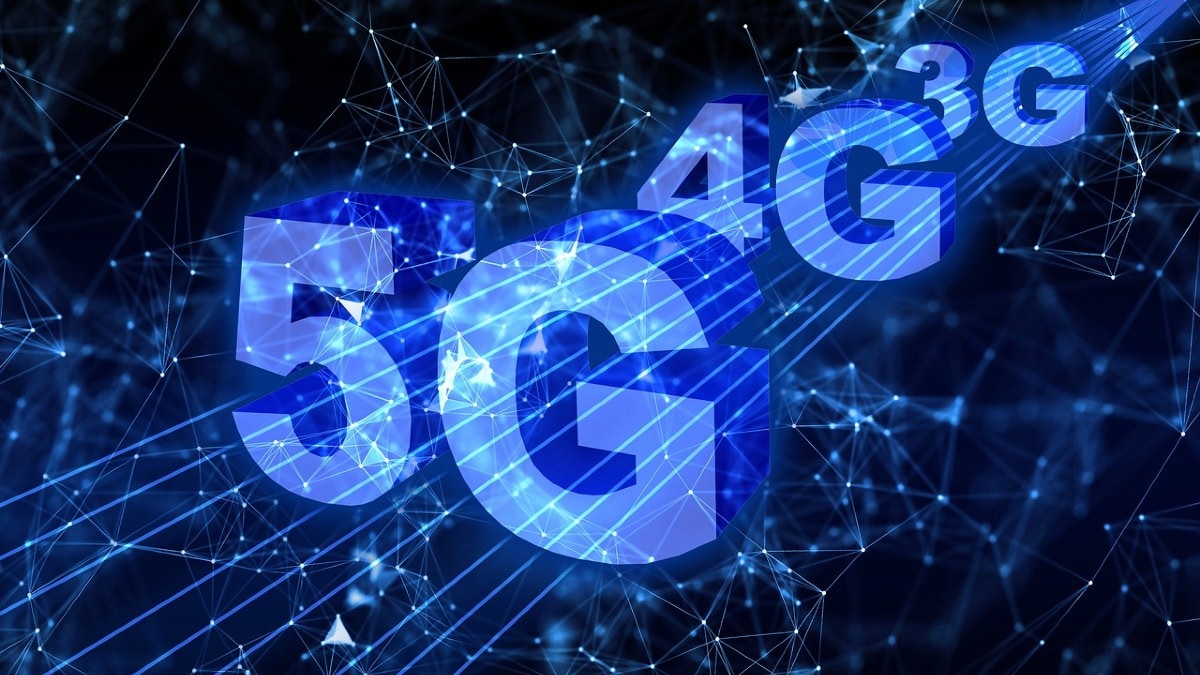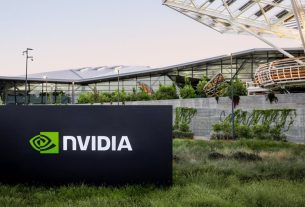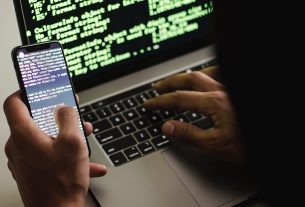India has covered 600 districts with 5G services in less than 200 days, which is one of the fastest in the world, Union Minister of State for Communications Devusinh Chauhan said on Monday.
Speaking at the second meeting of G20 Digital Economy Working Group (DEWG) here, he said public policies of the central government have been fundamentally inspired by the vision of ‘Antyodaya’ and they have been instrumental for inclusive welfare and development.
“India has covered 600 districts with 5G in less than 200 days , that is one of the fastest in the world,” he was quoted as saying in an official release.
“India has second largest telecom network with the lowest data rate in the world and development of indigenous 4G, 5G technologies in a short span of time has surprised the world.” Union MoS for Social Justice and Empowerment A Narayanaswamy emphasised on ‘Digital Antyodaya’ approach and Accessible India campaign for achieving universal accessibility for differently abled persons in the country.
In the inaugural session of the second meeting of DEWG, Alkesh Kumar Sharma, Secretary, MeitY (Ministry of Electronics and IT) welcomed the delegates from G20 Members, invited countries, International Organisations, senior officials from MeitY, DoT (Department of Telecommunications), state government, among others, and outlined the proceedings of the three-day event.
K Rajaraman, Secretary, Telecom stressed on the critical impact of connectivity on the GDP and Digital Economy.
As part of the side events, DoT organised three thematic sessions.
The first thematic session titled ‘High Speed Mobile Broadband and its impacts’ comprised panellists such as Y.G.S.C. Kishore Babu, DDG-DoT-GoI (Moderator), Sithuraj Ponraj, Director (International Affairs), Govt. of Singapore, Arun Sharma, Sr. Digital Specialist, World Bank, Rahul Shah, Director-APAC, GSMA, Abhishek Singh, President & CEO, NeGD, MeitY.
The panel discussed the last mile high speed connectivity, digital services in social areas (such as education, health, agriculture, etc), impact and innovation enhancement using AI, IoT, Industry 4.0, and Society 5.0.
Taking extra measures to fill the gaps in terms of access to mobile internet, smartphones and assistance to senior citizens and people in rural areas were also discussed, the release said.
The second thematic session was held on the topic titled ‘Digital Inclusion – Connecting the Unconnected’.
The panel laid emphasis on connecting all persons on the planet for digital transformation, it added.
The third and last thematic session of the day was titled ‘Sustainable Green Digital Infrastructure: Challenges and Opportunities’.
The panel discussed at length “the digital infrastructure going green and its intersection with physical Infra of other sectors going green”, Sustainable Development Goals, reduced carbon footprint, renewable energy, and reconditioning / recycling and efficient digital transformation.


